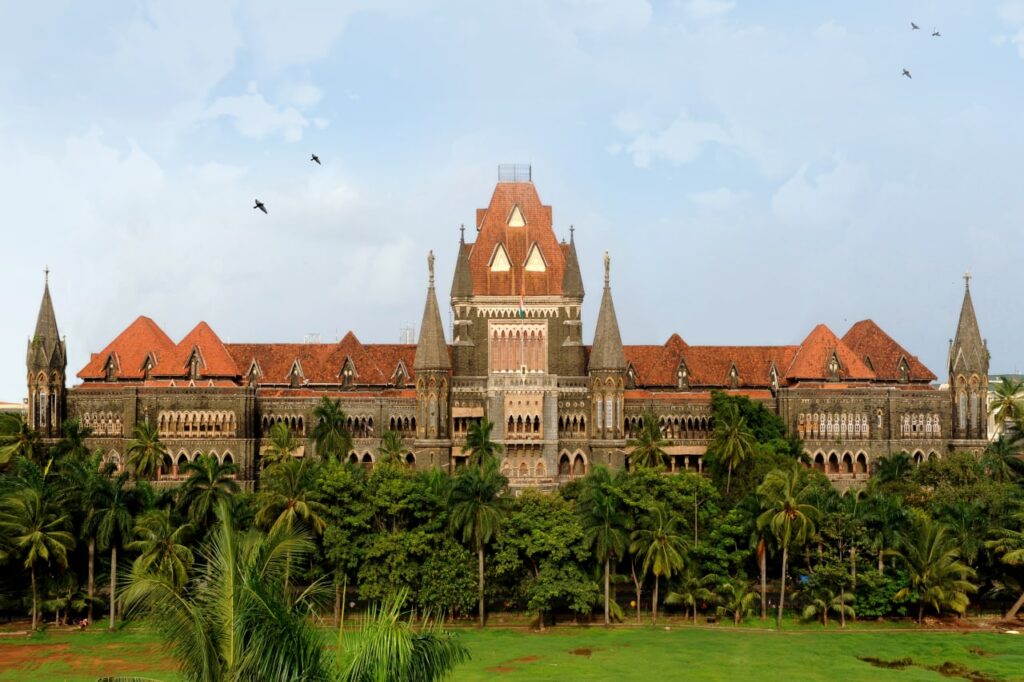NEET-PG: Bombay High Court Rejects Challenge to Quota for Graduates from Maharashtra Colleges, Stating Not All Differentiations Lead to Unfairness.

The Bombay High Court has rejected a Writ Petition that questioned two aspects of the rules for admissions to post-graduate Health Science (medical) courses in Maharashtra. The Petition was submitted by an MBBS graduate from Christian Medical College in Vellore, Tamil Nadu, who lives in Maharashtra. A Division Bench, consisting of Justice B.P. Collabawalla and Justice Somasekhar Sundaresan, stated, “We are supported in our views by the consistent emphasis from Courts that not every difference or perceived unfair treatment is arbitrary. The key test is whether the reasons for making distinctions are reasonable.” Advocates V.M. Thorat and Pooja Thorat represented the Petitioner, while Addl. G.P. Jyoti Chavan and Advocate Meghna Gowalani represented the Respondents.
This Petition questioned two aspects of the rules for admissions to post-graduate Health Science (medical) courses in Maharashtra. The Petitioner graduated with an MBBS from Christian Medical College in Vellore, Tamil Nadu, but resides in Maharashtra. Admissions for these post-graduate courses are divided into two main categories: one for MBBS graduates from in-state colleges (State Quota) and another for those from out-of-state colleges (All-India Quota). The Maharashtra government released a policy document called Procedure for Selection and Admission for Medical Postgraduate Courses at Maharashtra (NEET-PG-2024), outlining the admission process for these courses.
Paragraphs 8.2 and 8.3 of the NEET-PG-2004 (challenged provisions) outline the criteria for candidates to qualify for the State Quota. The Petition argued that these criteria were unreasonable, discriminatory, and arbitrary, violating the principle of equality under Article 14 of the Constitution. The Petitioner, who left Maharashtra to study MBBS in Tamil Nadu, claimed that the conditions for the State Quota discriminated against her compared to other residents. In response, the High Court stated, “Not every difficulty or inconvenience from a law or policy makes it unconstitutional. If the policy is logical and clear, and the measures align with its goals, the court should be cautious in intervening.”
The Court noted that since the Petitioner was admitted to a post-graduate program at Seth G.S. Medical College in Mumbai, the Petition seemed to be an attempt to gain an advantage in admissions through litigation. The Court remarked on the sense of entitlement seen in educational choices and concluded that the challenged provisions were not arbitrary and did not require intervention. Additionally, the Court found the underlying policy to be reasonable and justifiable. As a result, the High Court dismissed the Writ Petition.
Cause Title: Anna Mathew v. State of Maharashtra & Ors. (Neutral Citation: 2024:BHC-OS:19610-DB)








